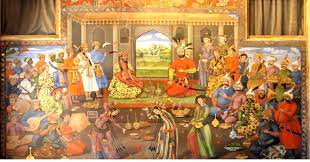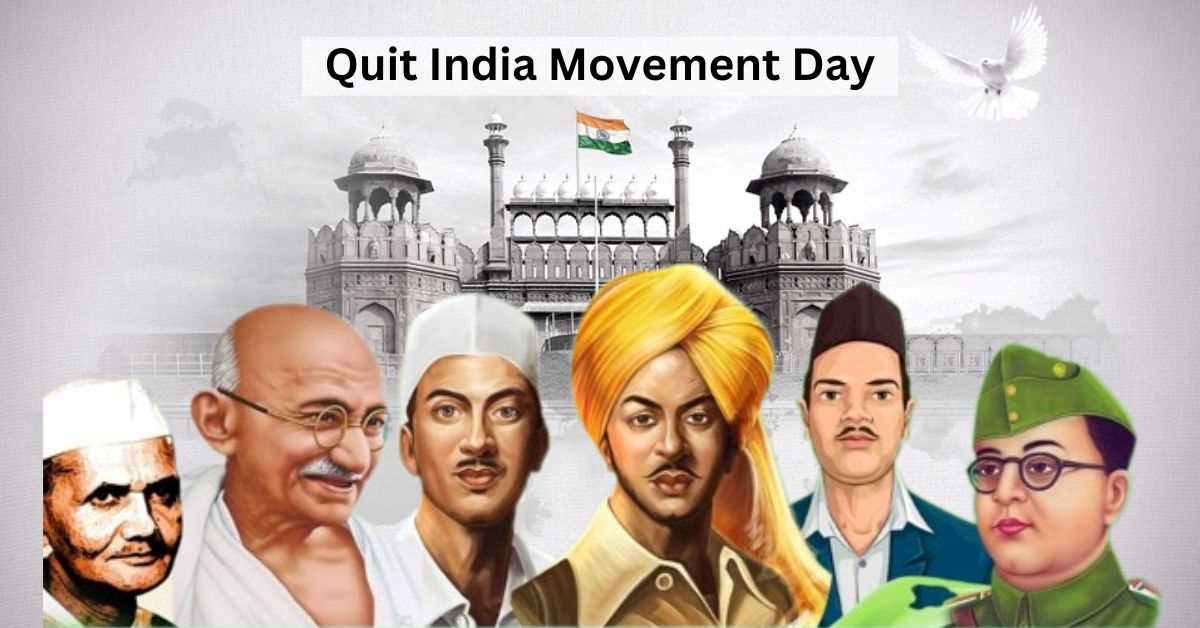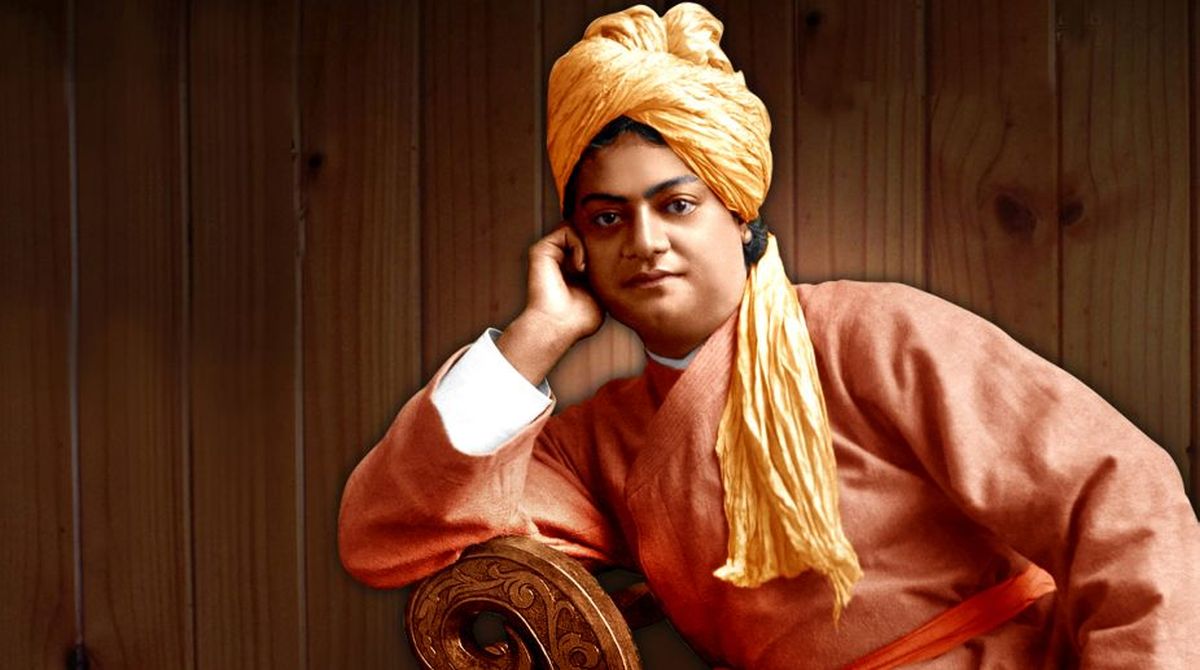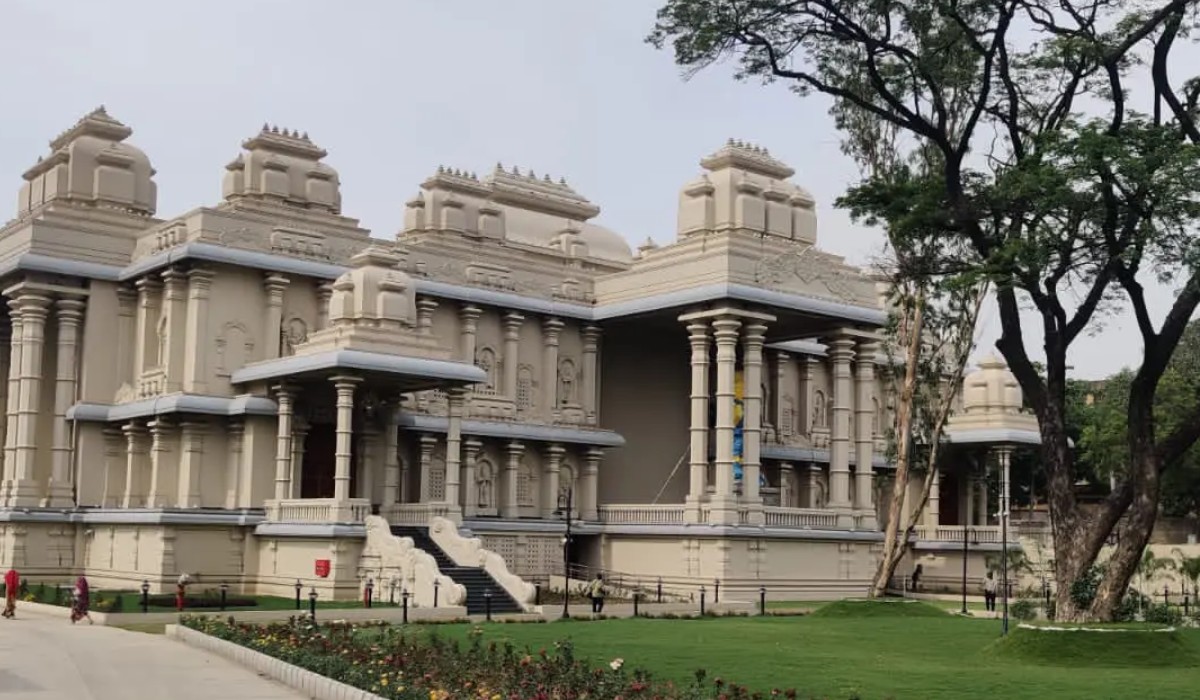Babur and the establishment of the Mughals
The mughals dynasty was founded by a Chagatai Turkic prince named Bābur (reigned 1526–30), who was descended from the Turkic conqueror Timur (Tamerlane) on his father’s side and from Chagatai, second son of the Mongol ruler Genghis Khan, on his mother’s side. Bābur’s father, ʿUmar Shaykh Mīrzā, ruled the small principality of Fergana to the north of the Hindu Kush mountain range; Bābur inherited the principality at a young age, in 1494.
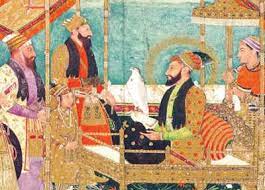
In 1504 he conquered Kabul and Ghaznī and established himself there. In 1511 he captured Samarkand, only to realize that, with the formidable Safavid dynasty in Iran and the Uzbeks in Central Asia. He should rather turn to the southeast toward India to have an empire of his own. As a Timurid, Bābur had an eye on the Punjab, part of which had been Timur’s possession. He made several excursions in the tribal habitats there. Between 1519 and 1524—when he invaded Bhera, Sialkot, and Lahore—he showed his definite intention to conquer Hindustan, where the political scene favoured his adventure.
Akbar the Great and the consolidation of the empire
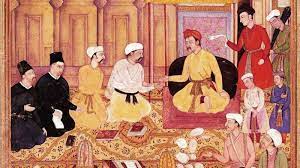
Within a few months of Humāyūn’s death, his governors lost several important cities and regions. Including Delhi itself, to Hemu, a Hindu minister who had claimed the throne for himself. Humāyūn’s son Akbar (reigned 1556–1605), under the guidance of the regent Bayram Khan, defeated Hemu at the Second Battle of Panipat (1556). Which commanded the route to Delhi, and thereby turned the tide in Hindustan to the Mughal dynasty’s favour.
Decline of the Mughal Empire
Aurangzeb’s successors were plagued by instability and financial woes. Rebellions and external challenges continued under Bahādur Shah I (1707–12), whose poor fiscal management resembled that of Aurangzeb. Farrukh-Siyār (1713–19) acceded to the throne after a war of succession, assisted by two highly influential governors; his reign ended after those same agents, now his vizier and chief military commander, conspired with the ruler of Jodhpur to assassinate him







